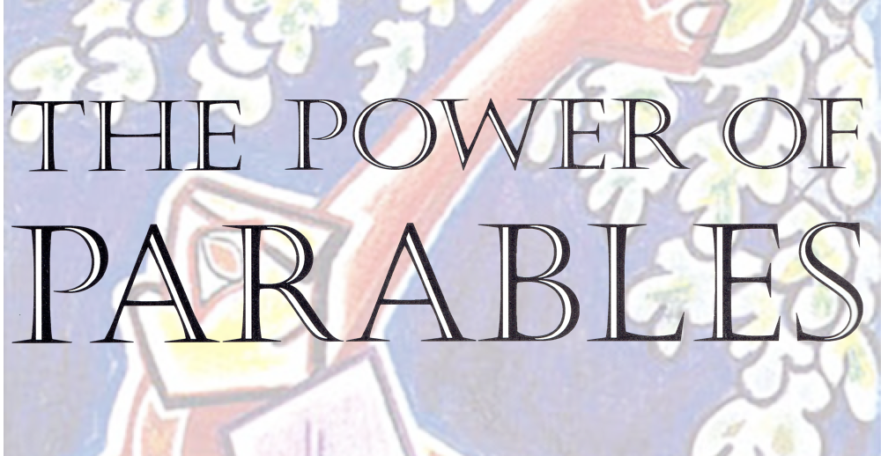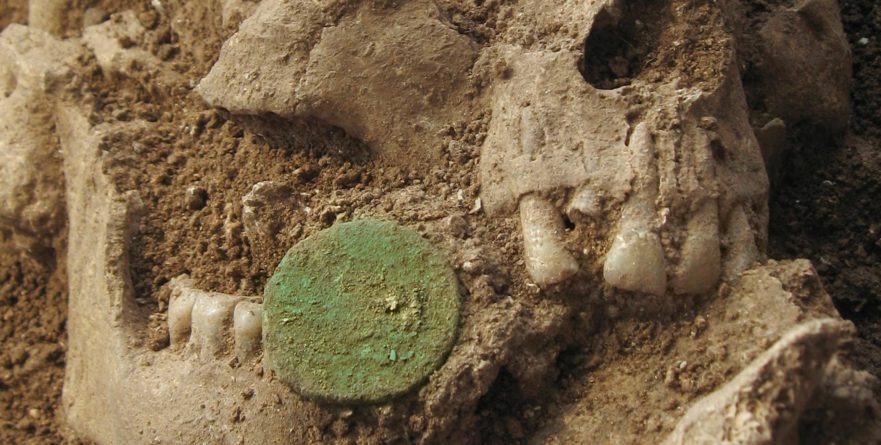Jesus was a master teacher. Therefore, it is significant that he relied heavily on parables. What is it about parables that makes them so moving and memorable?
Matthew 16:18: The Petros-petra Wordplay—Greek, Aramaic, or Hebrew?
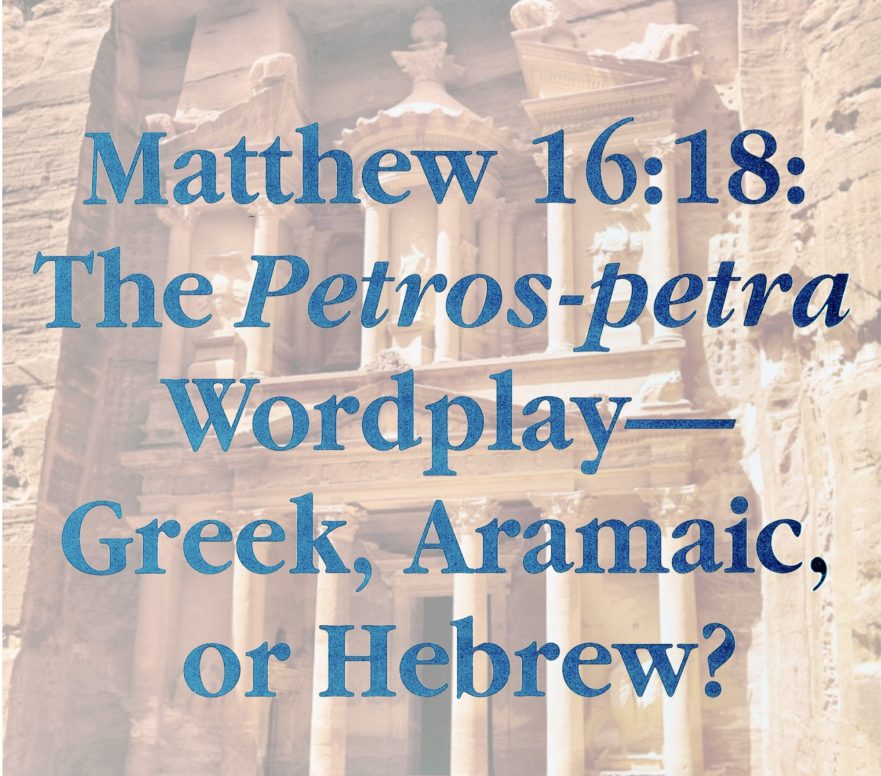
The pinnacle of the Gospel story may be Jesus’ dramatic statement, “You are Petros and on this petra I will build my Church.” The saying seems to contain an obvious Greek wordplay, indicating that Jesus spoke in Greek. However, it is possible that “Petros…petra” is a Hebrew wordplay.
King Parables

One of the many results of synoptic research is the discovery of parallels between the sayings of Jesus and those of other Jewish sages. A knowledge of these parallels can provide added insight into what Jesus was teaching.
“Do Not Resist Evil”: Jesus’ Attitude Toward Pacifism
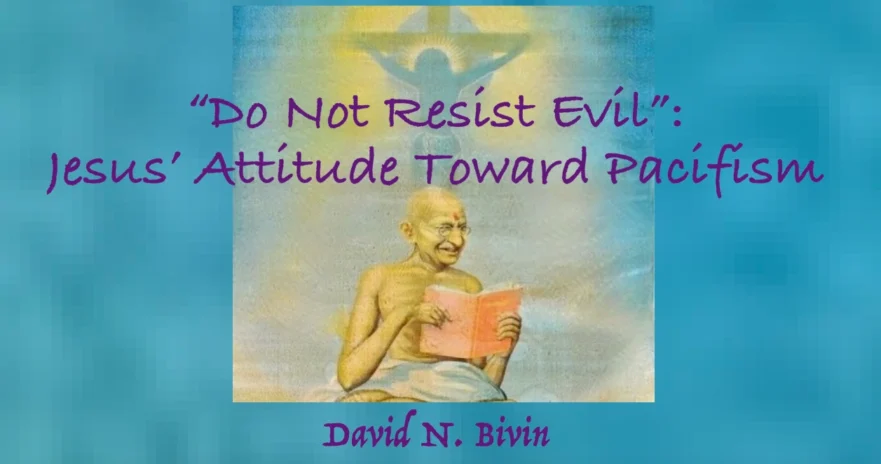
Bivin argues that the idea that Jesus taught pacifism arose primarily due to the misunderstanding of a number of his sayings.
Rabbinic Literature: A Spiritual Treasure for Christians
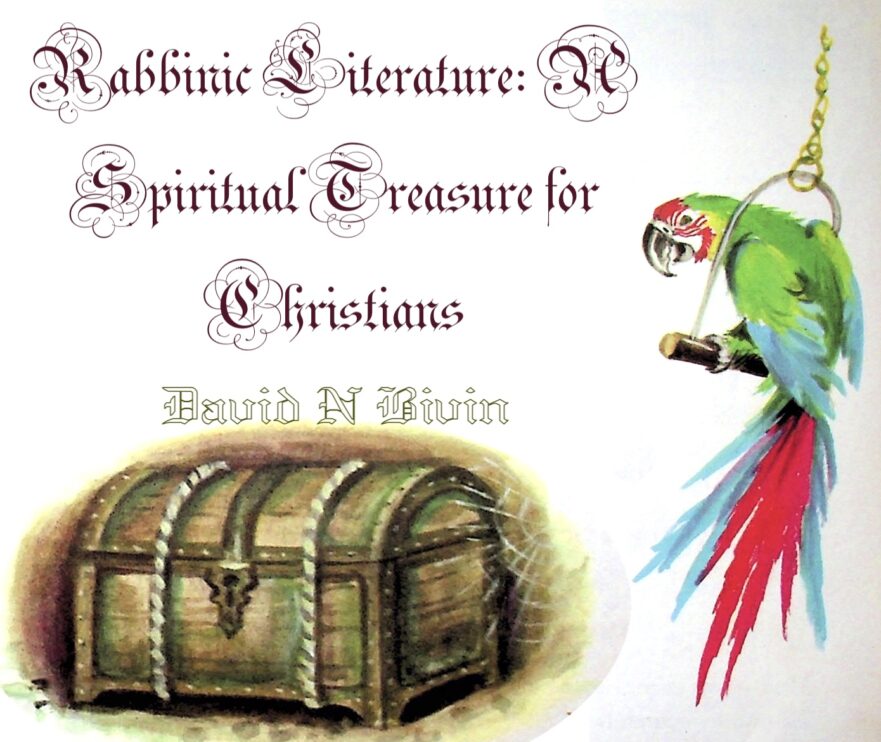
The sayings of the sages are a treasure that should be read first of all for their own sake.
The Rich Young Ruler Story: Personal Application

God will probably test our commitment to him at its weakest, most vulnerable point or points, those areas in our lives that we have made more important than him.
The Miraculous Catch: Reflections on the Research of Mendel Nun
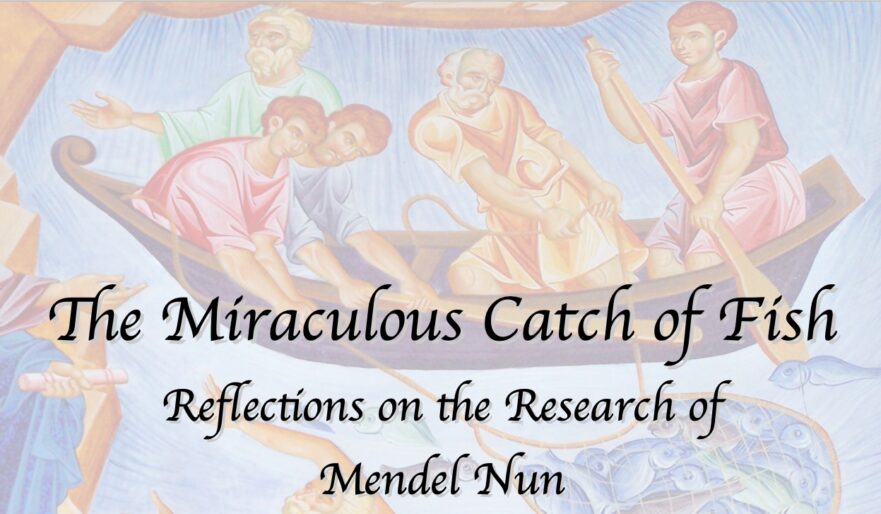
Mendel Nun’s research is important in illuminating many Gospel stories.
A Body, Vultures and the Son of Man (Luke 17:37)
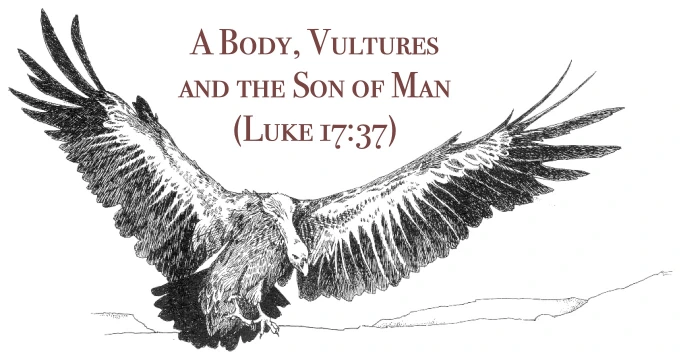
“Wheresoever the body is, thither will the eagles be gathered together” (Luke 17:37; KJV), is certainly one of the most enigmatic of Jesus’ sayings.
Prayers for Emergencies
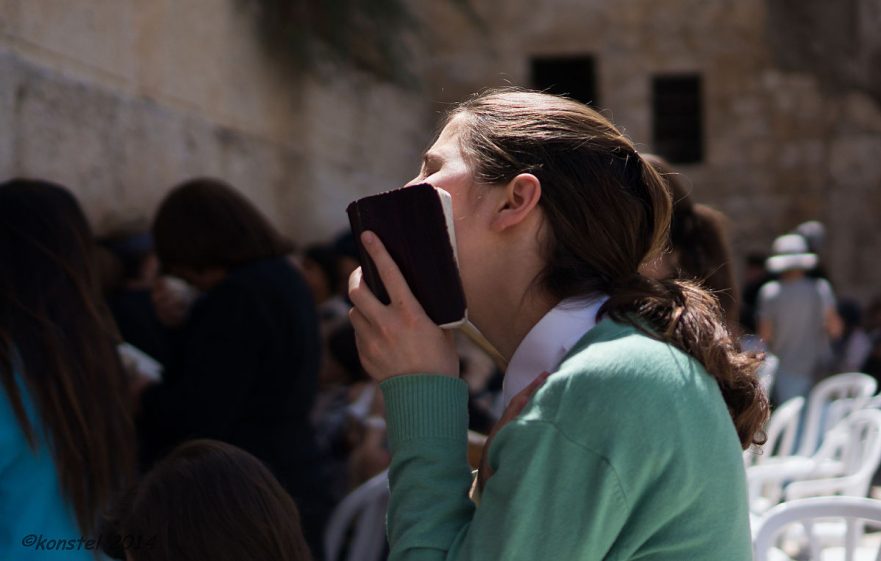
One of the many results of synoptic research is the discovery of parallels between the sayings of Jesus and those of other Jewish sages. A knowledge of these parallels can provide added insight into what Jesus was teaching.
Hebrew Nuggets, Lesson 29: Grace Compared
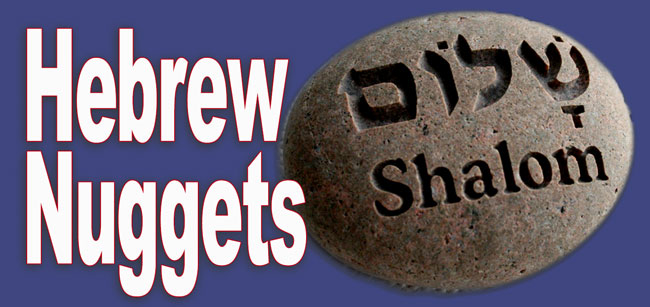
Our previous lesson introduced the Hebrew letters that make up (ḤE·sed), and we looked at other words these letters allowed us to read. In this lesson we take a closer look at the work ḤE·sed itself, and compare its use in Jewish and Christian Bibles.
Scirbal Scribal Errors
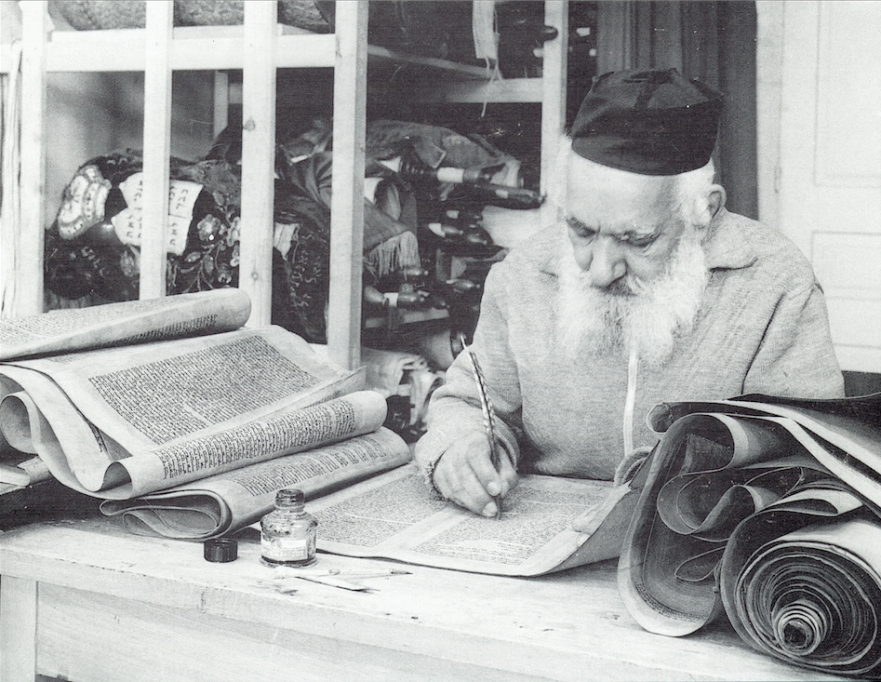
There are about 1,500 scribal errors in the Hebrew Scriptures. The letters vav and yod, for instance, were often confused by ancient copyists of the Bible. The two letters are so similar that they are easily confused. In fact, writing by mistake a vav instead of a yod, or vice versa, is the most common scribal error.
A Measure of Humility

There are many parallels between the teaching of Jesus and that of Jewish sages mentioned in rabbinic sources. An understanding of rabbinic sayings can provide added insight into what Jesus taught.
The Fallacy of Sacred Name Bibles
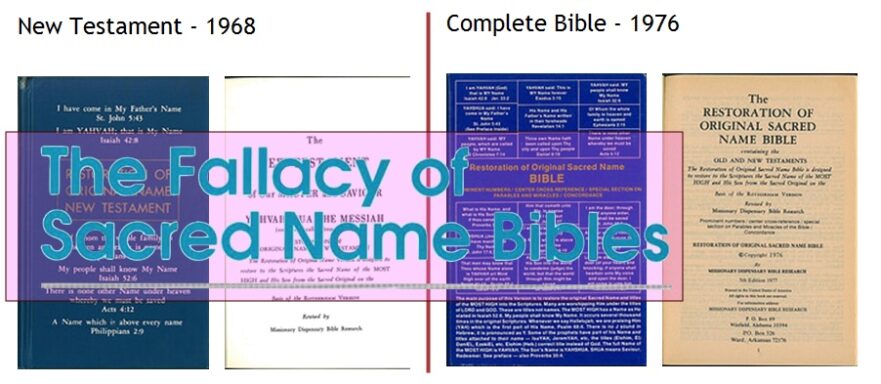
Some Christian teachers argue that it is wrong to translate God’s personal name as “LORD,” and that English Bible translators should use “Yahweh” instead.
“Jehovah”: A Christian Misunderstanding

In any attempt to understand the Bible, there is no substitute for a knowledge of ancient Jewish custom and practice. For example, the term “Jehovah,” which is found in many Christian translations of the Bible, originated due to Christian lack of awareness of Jewish custom.
Hebrew Nuggets, Lesson 28: Reading with Grace

In the twenty-seven lessons of the “Hebrew Nuggets” series, we have introduced fourteen Hebrew letters with the help of nine words. We will learn the remaining eight letters of the Hebrew alphabet by means of six more words. We begin the study of the word (ḤE·sed).
Perspective on the Caiaphas Tomb

At the end of December 1990, one of the most significant New Testament-related archaeological discoveries ever made came to light in Jerusalem. Park construction workers accidentally exposed a Second Temple-period tomb, which archaeologist Zvi Greenhut of the Israel Antiquities Authority was called to excavate. Some of the ossuaries found in the tomb were inscribed with the name “Caiaphas,” and it soon became clear that this was a tomb belonging to the Caiaphas family.
Discovery of the Caiaphas Family Tomb
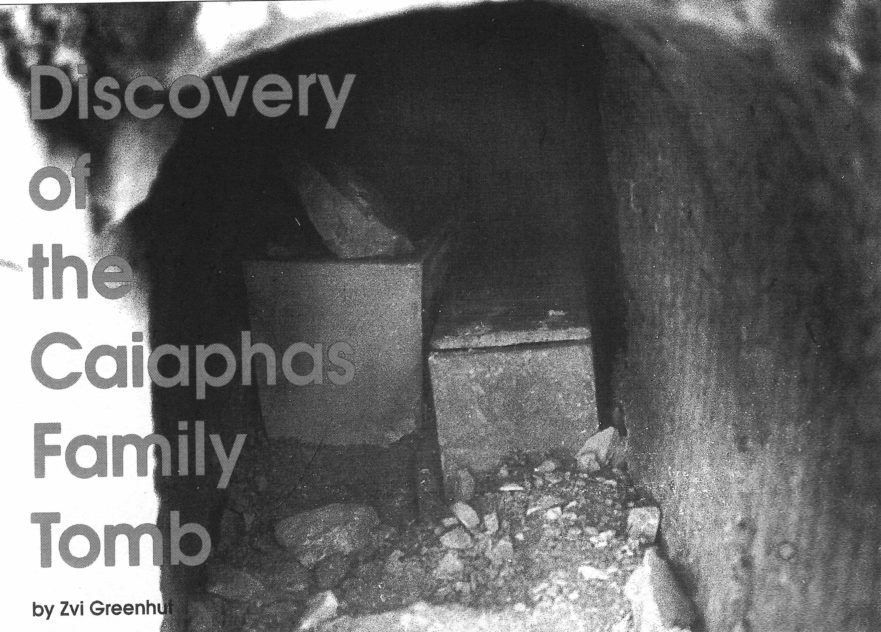
Many archaeological finds in Israel result from the chance uncovering of various ancient remains during the course of construction work. Some of these fortuitous discoveries prove to be of tremendous importance for understanding the history and archaeology of the land of Israel.

